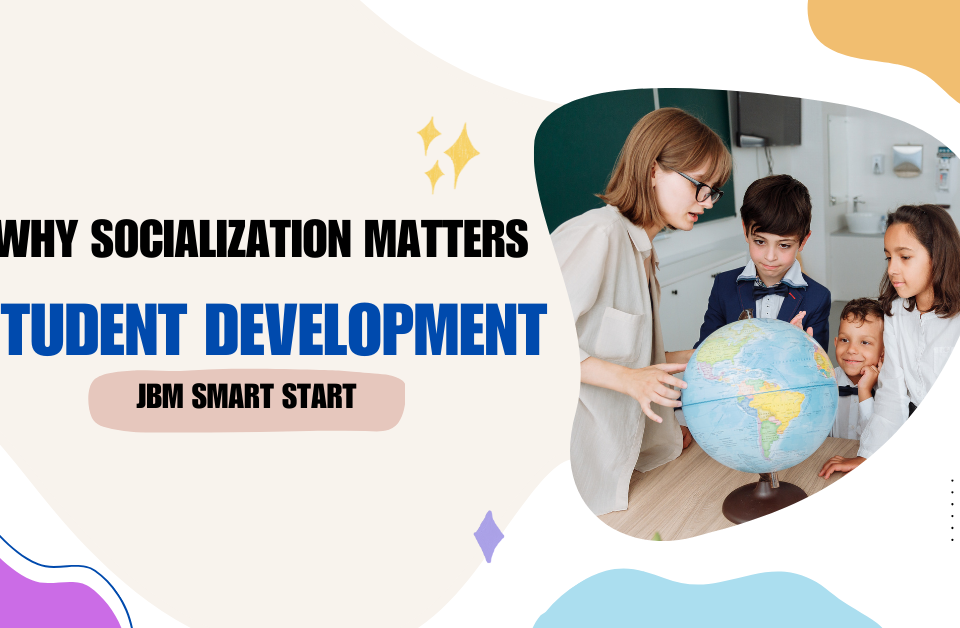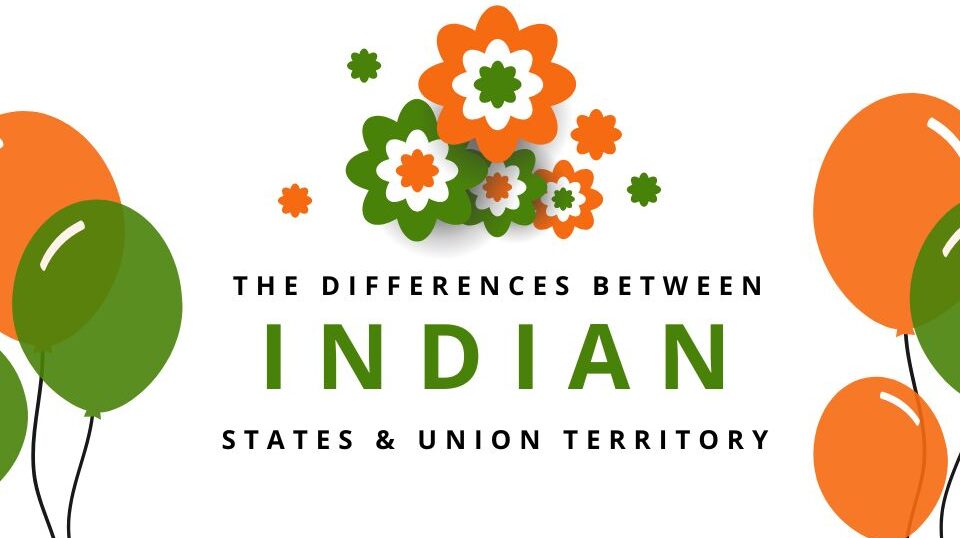
First day in school
April 6, 2022
BUILD SOCIAL SKILLS
June 20, 2022International Language of the World
The structure of the world if we see the globe reveals an indescribable diversity. One thing that binds us all is ‘That We are all Earthlings’, and need a global language to communicate. There are no two thoughts About language being the most important. Part of human connectivity, Undoubtedly all species, Have their way of communicating.
But we humans have mastered the art of communication. It can make or break human relationships and societies, Language can shape the perceptions and thoughts of human beings.
How Many International Languages Are There?
In present times there are almost 7000 languages that are still spoken in different territories of the world. Many indigenous languages are on the way out & some countries are trying their best to revive them.
We cannot undermine the importance of language education. Stories were used to educate young people to share the life experiences of elders as the experiential journey for the youngsters. Our languages distinguish us from each other with their uniqueness. We express our traditions of cultural heritage through language.
Why is English Considered a Global Language?
In the 21st century, the world has become more accessible through our television screens, computers, and cell phones. Our thoughts and experiences are shared with a global audience via platforms like Twitter and Instagram. This accessibility and sharing have become even more critical during the present pandemic, where we are sharing research and prescribed medicines for treatment
English has been widely recognized as a global language that facilitates international relations. It is also extensively used for the Internet, research, and business, given the ever-increasing interconnectedness. Moreover, English is increasingly employed for entertainment purposes.
Regional Languages
When discussing languages, regional languages are unparalleled when it comes to capturing the beauty of expression, poetry, and feelings. Hindi plays a significant role in uniting the country, as we certainly need a common language to connect the various regions, states, and dialects of the nation. Each language, whether it’s Marathi, Gujarati, Tamil, Punjabi, Kannada, etc., has its unique significance.
Sankskrti: Mother of All Languages
Regional languages have inexpressible & incomparable beauty of their own. Similarly, Sanskrit the mother of all languages encompasses secrets of life & way to live ours as written in Vedas & Shastras and is even being hailed in many foreign universities as a language to be mastered.
All our shlokas contain profound philosophical insights about life, and many of them are in Sanskrit. Despite English being a global language, we, as global citizens, still need to be united by a common language, which is English, without diminishing the significance of regional languages and Hindi.
Fostering a Global Perspective: Language Learning and Cultural Sensitivity at JBM Smart Start
JBM Smart Start makes deliberate efforts to sensitize parents right from the beginning.
Language is the gateway to the cultural life of people and serves as a reflection of their thought processes and mindsets. The diversity of languages and cultures deserves our respect. Without understanding what other countries and nations have to say, we risk stagnation and misinformation.
Our faculty at JBM Smart Start is committed to imparting effective language learning methods.
The time has come to foster a global culture where we must unite to nurture the next generation in a peaceful environment with freedom and seamless communication. With a population of 1.3 billion, we must embrace the backgrounds of the rest of the world. We are gradually emerging as torchbearers for the world, carrying forward Indian spirituality and philosophy.
Foundation schools like JBM Smart Start recognize the significance of language learning.
Gradually, through public schools and convent schools left to us after gaining independence, English is evolving into an Indian language. Additionally, Hindi is spreading across all regions due to its presence in films.
Young India often blends regional, Hindi, and English languages, creating what is often termed ‘Hinglish.’
In early education, we should strive to introduce different languages. It’s proven beyond doubt that the more languages children can master, the more adaptable and intelligent they become, especially in a secular and diverse country like ours. In today’s globalized world, where our occupations and employment have a worldwide reach, there’s no harm in mastering a language understood in a major part of the globe.
Overall, we must strike a balance in early education. We must provide children with a smart start in learning an international language to keep pace with the rapidly progressing world around us. This is why JBM Smart Start, the foundation school, has diligently and thoughtfully devised unique processes to incorporate language learning playfully into a curriculum meticulously designed according to the National Education Policy (NEP).
Conclusion
To sum up, the strategies we emphasize highlight the importance of communication in the 21st century. The international language simply makes it easier.




